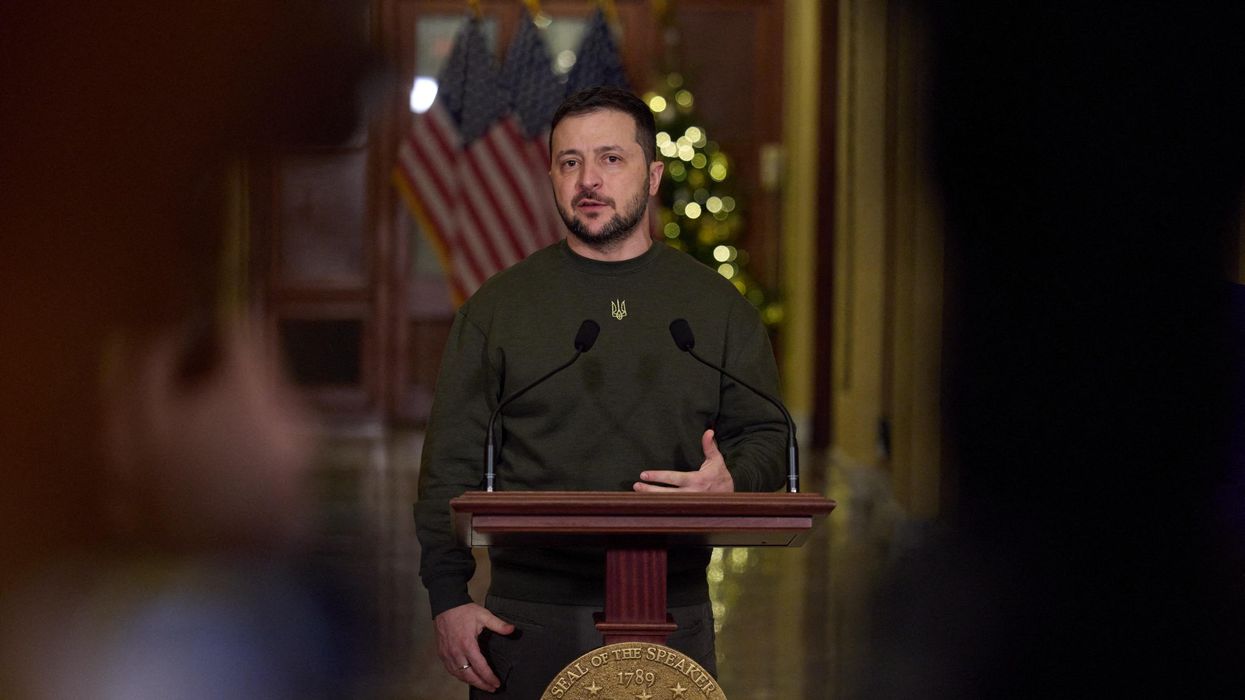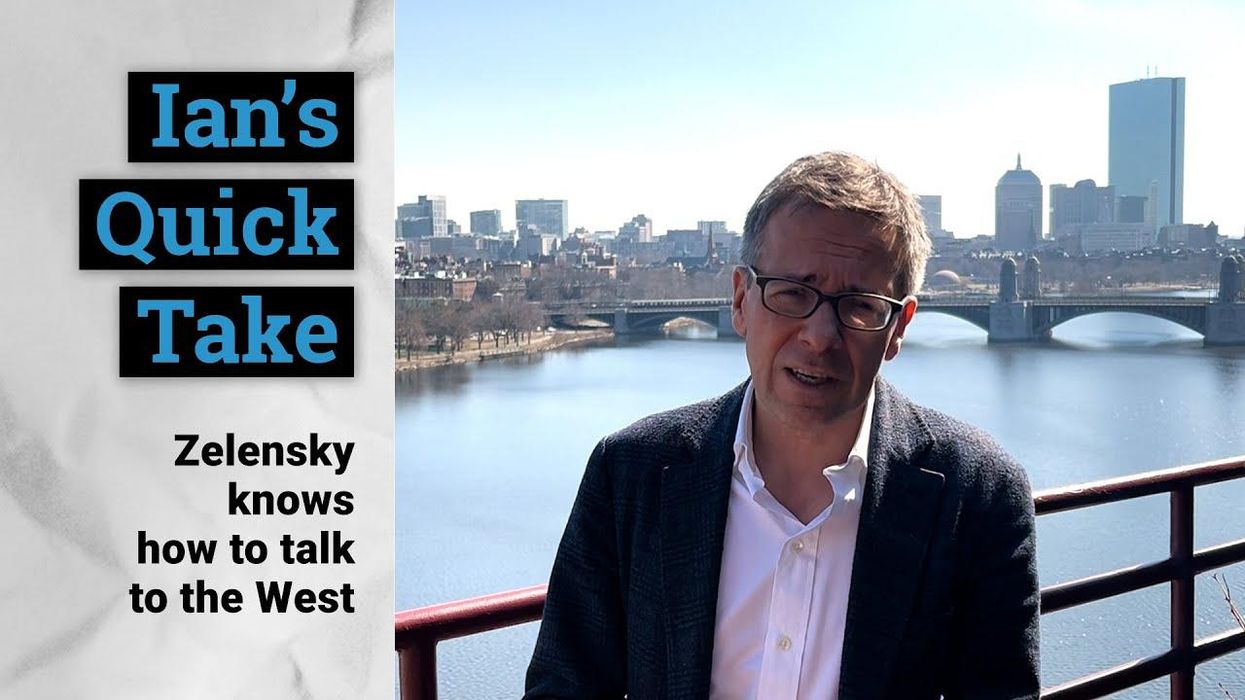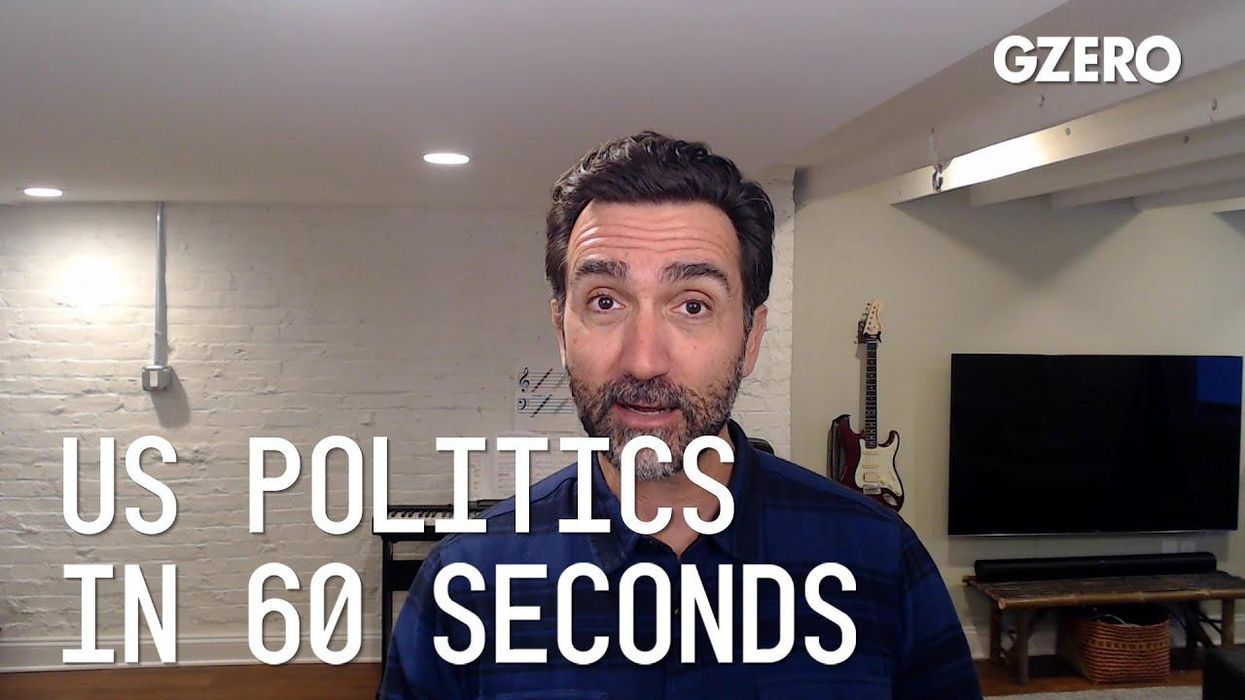News
Zelensky made his case to Congress. What happens next?
In a historic address to a joint session of the US Congress on Wednesday, Ukrainian President Volodymyr Zelensky pleaded his case for why the US should continue greenlighting security aid to his country.
Dec 22, 2022



